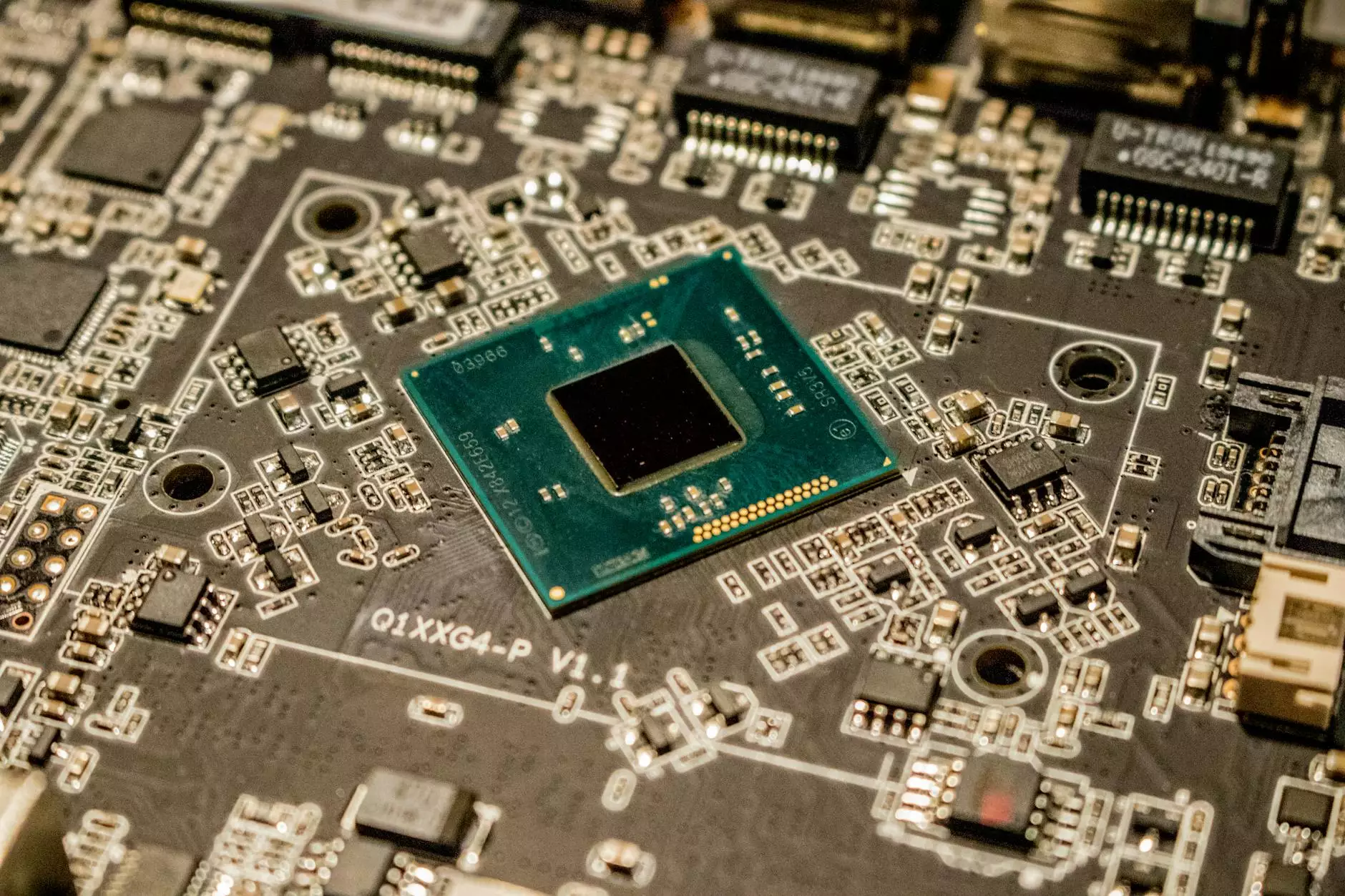Laboratory Space for Startup: Unlocking Potential in the Health & Medical Industry

As the health and medical industries continue to evolve, startups are emerging to meet the diverse needs of consumers. An essential element in the foundation of any successful startup, particularly within these sectors, is access to laboratory space. This article explores the significance of laboratory space for startups, focusing on the benefits, options available, and critical considerations for selecting the right environment to launch innovative products or services.
Why Laboratory Space Matters for Startups
Startups in the health and medical industry often deal with sensitive materials, need to conduct thorough testing, and require specific facilities to maintain compliance with industry regulations. Having a dedicated laboratory space allows these new ventures to conduct research and development efficiently, ensuring that products are safe, effective, and market-ready.
Understanding the Key Benefits
There are numerous advantages to securing the right laboratory space for your startup. Here are the most notable benefits:
- Innovation Acceleration: A dedicated laboratory space enhances your ability to innovate. With the right tools and environment, research can be conducted more thoroughly and efficiently.
- Regulatory Compliance: Startups can avoid potential legal issues by having the necessary facilities that meet regulatory requirements, ensuring products are developed in line with industry standards.
- Collaboration Opportunities: Proximity to other startups or established companies can foster collaborative opportunities, leading to partnerships that enhance product development and market reach.
- Access to Funding: Investors are often more willing to back a startup that has a solid laboratory space as it indicates a serious commitment to research and development.
- Brand Credibility: Having a specialized space not only boosts operational quality but also enhances brand credibility in the eyes of customers and stakeholders.
Types of Laboratory Space Available for Startups
The market offers several types of laboratory spaces tailored to different needs within the health and medical sector. Understanding these options can help startups make informed decisions. Here are the primary types of laboratory spaces:
1. Shared Laboratory Space
Many startups opt for shared laboratory spaces, often found in incubators or co-working facilities aimed at bioscience and medical startups. These spaces typically provide essential equipment and compliance with regulatory standards.
2. Dedicated Laboratory Facilities
For startups with more extensive research needs or that require specific equipment, dedicated laboratory facilities may be necessary. This option allows for customization and full control over the laboratory's environment.
3. Mobile Laboratories
In some scenarios, especially in field-based work, mobile laboratories can be highly efficient. They provide the flexibility of conducting research in varying locations while ensuring that necessary standards are upheld.
4. Virtual Labs
Though it may sound unconventional, virtual labs are gaining traction, allowing startups to simulate laboratory environments. This option is especially useful for ideation processes and preliminary testing.
Key Considerations When Choosing Laboratory Space for Startups
Choosing the right laboratory space requires a diligent assessment of various factors. Here are essential aspects to consider:
1. Location
The location of your laboratory can significantly impact accessibility for you, your team, and any collaborators. Look for areas that are conveniently situated near major transport hubs and critical resources.
2. Compliance with Regulations
It's imperative to ensure that any laboratory space complies with industry regulations and safety standards. This includes considerations for waste disposal, chemical storage, and potential biohazard risks.
3. Cost-Effectiveness
Budget constraints are a reality for most startups. Evaluate rental costs versus the services provided and seek a balance that supports your growth without overextending financial resources.
4. Availability of Equipment
Check what equipment is provided with the laboratory space. High-quality equipment can save significant costs, whereas purchasing or leasing equipment separately may lead to financial burdens.
5. Future Scalability
Your laboratory needs may change as your startup grows. It's wise to choose a space that allows for scalability, enabling you to expand operations without the need to relocate.
How to Find Laboratory Space for Your Startup
Finding suitable laboratory space can be a daunting task. Here are some actionable strategies:
1. Networking within the Industry
Utilizing industry contacts and networking can provide leads on available laboratory spaces. Attend industry conferences, workshops, and networking events to connect with others in the health and medical fields.
2. Engaging Real Estate Professionals
Consider hiring real estate agents specializing in laboratory facilities. They can help navigate the market and find spaces that meet your specific needs.
3. Leveraging Online Resources
Several online platforms specialize in listing laboratory spaces for rent. Websites catering to business listings, shared workspaces, or incubator programs can provide valuable leads.
4. Joining Innovation Hubs
Innovation hubs and science parks often have well-equipped laboratory spaces. Joining such communities can also offer access to resources and mentorship, enhancing your startup's growth potential.
Success Stories: Startups Thriving in Laboratory Spaces
Many successful startups in the health and medical sectors owe their achievements to the supportive environments provided by laboratory spaces. Here are a couple of notable examples:
Case Study: BioInnovate
BioInnovate, a startup focused on developing biopharmaceuticals, leveraged a shared laboratory space within a dedicated bio-incubator. Access to industry mentorship and state-of-the-art equipment allowed them to expedite their research timeline and attract significant investor interest, ultimately securing a successful funding round.
Case Study: MedTech Revolution
MedTech Revolution utilized a dedicated laboratory facility for their medical device innovation. The opportunity to customize their lab allowed them to streamline their testing processes, resulting in a patented device that has since transformed patient care in their target market.
Conclusion: The Future of Startups in Laboratory Spaces
The landscape for startups in the health and medical sector is filled with challenges, but the potential for growth and innovation is immense. As more groundbreaking ideas emerge, the demand for adequate and well-equipped laboratory spaces will continue to increase.
For entrepreneurs considering a venture in this field, prioritizing the right laboratory space is crucial not just for compliance but for fostering innovation and ensuring a successful path forward. At bioinc.org, we encourage startups to explore the available resources, network with industry leaders, and invest in the right space to unleash the full potential of their ideas.
With determination, the right support, and a perfectly tailored laboratory environment, your startup can not only thrive but also revolutionize the health and medical industry.









